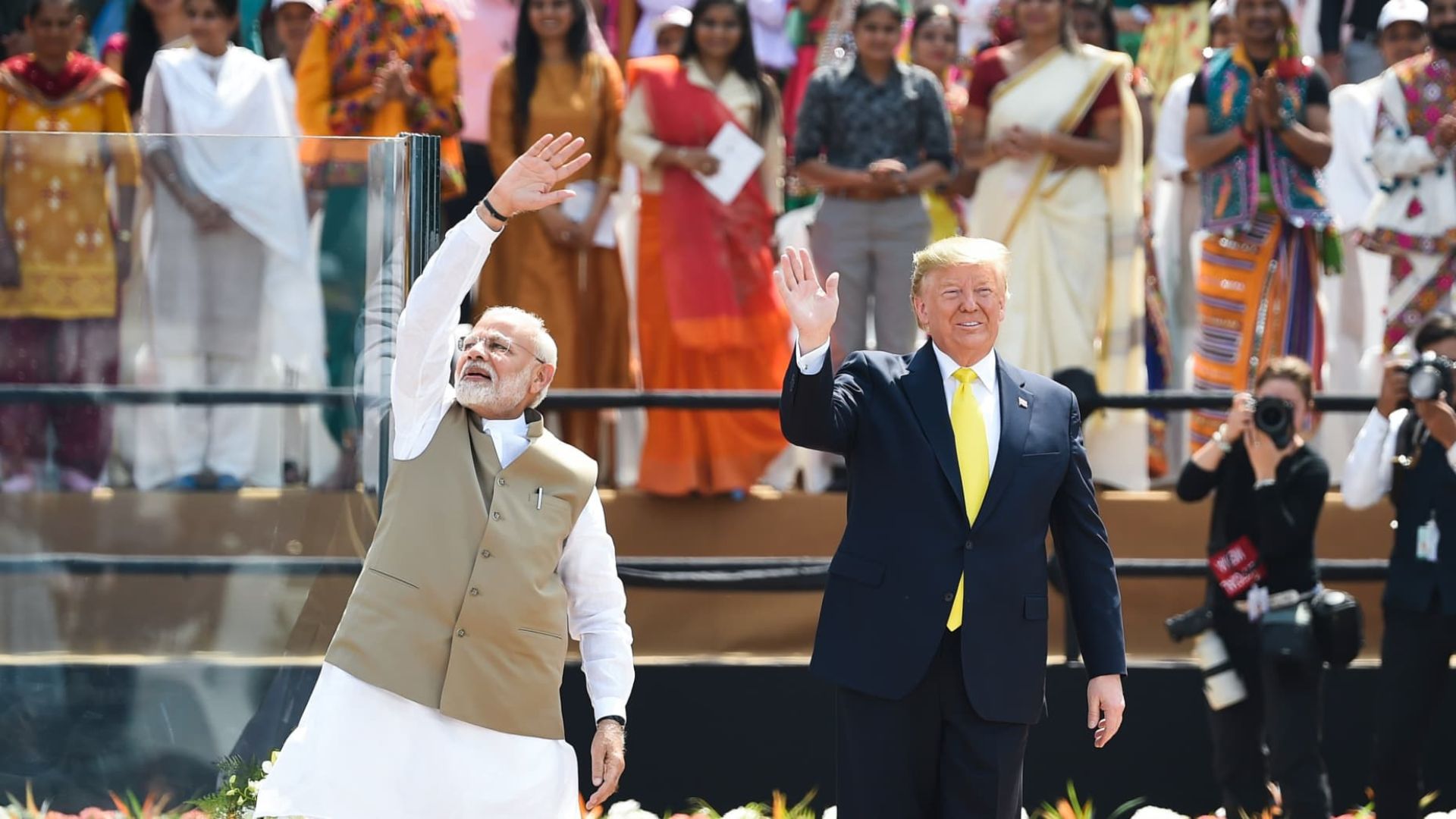Moody’s Ratings projects that Donald Trump’s return to the US presidency could benefit India and other Asian economies, particularly due to rising US-China tensions and anticipated investment restrictions in strategic sectors. Moody’s report suggests that in the Asia-Pacific region, trade and investment may shift further away from China as the US enacts more stringent investment controls on Chinese strategic sectors, potentially diverting capital and trade flows toward India and ASEAN countries.
Policy Shifts Expected Across Fiscal, Trade, and Climate Sectors
Under Trump’s administration, Moody’s anticipates notable shifts in fiscal, trade, climate, and immigration policies, marking a departure from the Biden administration’s approach. Trump’s proposed tax reform—such as making the 2017 Tax Cuts and Jobs Act permanent and lowering corporate tax rates—aims to stimulate growth but may increase federal deficits. Moody’s also warns of heightened protectionist trade measures, including broader and targeted tariffs on Chinese imports, which could disrupt global supply chains, particularly in manufacturing, technology, and retail.
Potential Reversal on Climate Commitments
Moody’s expects the Trump administration to reverse the US’s current climate initiatives, prioritizing fossil fuel production in line with “American energy dominance.” The administration could reduce funding for clean energy and green technology projects and may even withdraw the US from the Paris Agreement, potentially undermining its greenhouse gas reduction commitments. However, Moody’s notes that market-driven growth in renewable energy and state-level mandates may partially offset these changes.
In regulatory matters, Trump’s administration is likely to adopt a lighter approach, according to Moody’s, with relaxed regulations for small and midsized banks that could lower capital requirements but raise creditor risk. These shifts are poised to reshape the US’s stance on both domestic and global economic fronts, with ripple effects anticipated worldwide.







